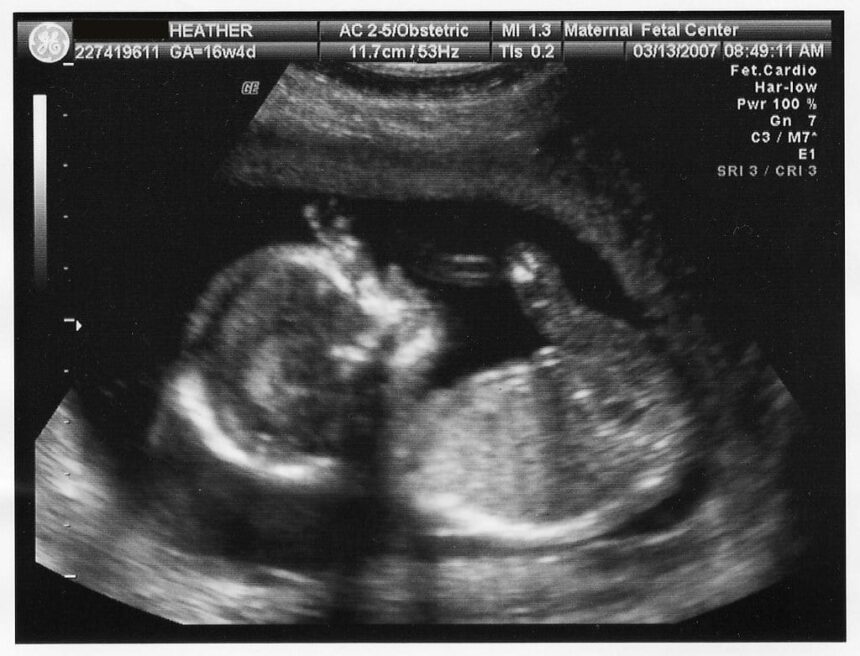In a groundbreaking discovery that merges climate science with developmental neurology, researchers have uncovered alarming evidence that exposure to climate disasters during pregnancy may significantly alter brain development in fetuses. The findings, published yesterday in the Journal of Environmental Health, paint a concerning picture of how our changing climate could affect generations to come before they even take their first breath.
“What we’re seeing isn’t just an environmental crisis anymore—it’s becoming a developmental health emergency,” explains Dr. Amara Singh, lead researcher at the University of British Columbia’s Center for Climate and Neural Development. “Pregnant women exposed to extreme weather events like floods, wildfires, and prolonged heat waves showed measurable differences in fetal brain activity compared to control groups.”
The three-year study tracked over 2,000 pregnancies across regions of Canada that experienced climate disasters between 2021 and 2024. Using advanced neuroimaging techniques, researchers documented reduced gray matter volume and altered neural connectivity in fetuses whose mothers experienced significant climate events during the second trimester—a critical period for brain formation.
Most concerning were the cognitive assessments conducted after birth, which showed subtle but measurable differences in early developmental markers. Infants exposed to climate disasters in utero scored an average of 8% lower on preliminary cognitive tests at six months compared to unexposed infants from similar socioeconomic backgrounds.
The physiological mechanism appears linked to maternal stress hormones, which surge during traumatic events. “The maternal-fetal stress pathway is well established,” notes neurobiologist Dr. Elena Kowalski, who wasn’t involved in the study. “What’s new here is understanding how climate disasters specifically trigger this cascade in ways that may permanently alter neural architecture.”
The economic implications cannot be overstated. According to business analysts at the Canadian Institute for Climate Economics, these findings suggest a potential long-term economic burden of $4.3 billion annually in healthcare and educational support costs if current climate trends continue.
Particularly vulnerable are communities already facing socioeconomic challenges. Indigenous reserves near wildfire zones and low-income urban neighborhoods with inadequate cooling during heat waves showed the highest rates of affected pregnancies, highlighting how climate justice and health equity intersect in this emerging crisis.
“This isn’t just about world climate policy anymore—it’s about protecting our collective future,” says Minister of Environment Camilla Roberts, who called for emergency funding for maternal health clinics in climate-vulnerable regions during yesterday’s politics briefing in Ottawa.
Medical experts are now recommending enhanced prenatal monitoring for women in regions prone to climate disasters, including stress management protocols and potential temporary relocation during high-risk weather events for those in the second trimester of pregnancy.
As wildfires rage earlier each season and flood warnings become increasingly common across the country, these findings add urgency to climate mitigation efforts. The research team is now expanding their study to examine potential interventions that might protect developing brains during climate events.
As we confront this sobering connection between our warming planet and our children’s neurological futures, one question demands our immediate attention: Can we afford to continue treating climate change as a distant threat when it’s already shaping the cognitive potential of our next generation?










